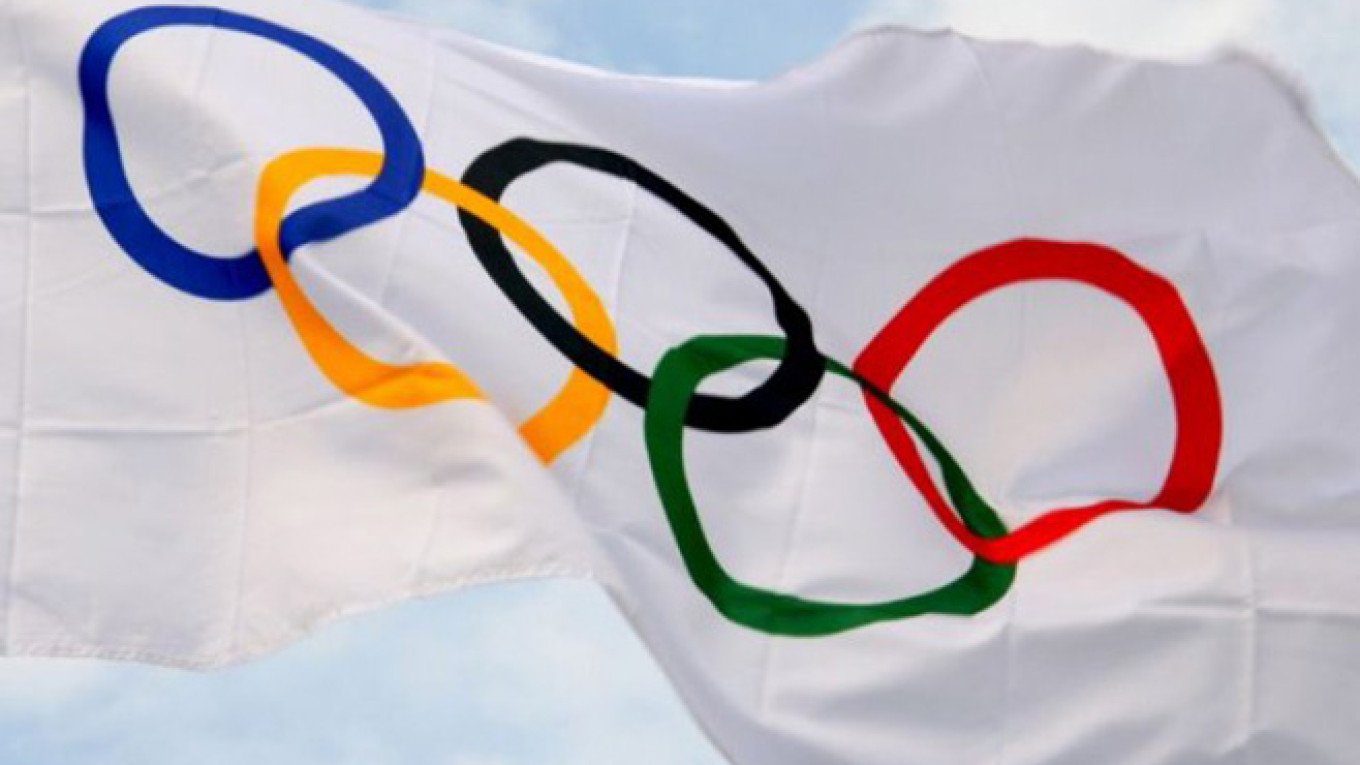The International Olympic Committee will meet in Lausanne on Tuesday to discuss the unanimous decision by the International Association of Athletics Federations (IAAF) to ban the Russian athletics team from the Olympics in Rio de Janeiro.
Russian President Vladimir Putin?€™s spokesman Dmitry Peskov told journalists on Friday that Moscow supports the right of clean athletes from Russia to take part in the Olympics.
The Russian parliament has prepared a draft statement on the matter, according to the Interfax news agency.
?€?Banning Russian sportsmen, including those who gained international glory from their outstanding achievements in sports, from participating in the Olympic Games in retaliation for the unethical behavior of their colleagues, is a direct human rights abuse.?€?
However, during its press conference on June 17, the IAAF council announced that individual Russian athletes can apply to the IAAF for reinstatement to compete internationally as a neutral athlete.
Athletes will have to demonstrate that they have been subject to a credible anti-doping system and that they are not tainted by the Russian system, Rune Andersen, the independent chairperson of the IAAF monitoring task force, said in the press conference.
There is ?€?systematic and systemic doping rooted in many parts of [Russian] society,?€? Andersen said. ?€?Because the system in Russia has been tainted by doping from the top level and down, we cannot trust that what we call ?€?clean athletes?€™ really are clean,?€? he added.
Andersen continued on to say that one, two or 100 negative tests do not mean that an athlete is clean.
Last week it was reported that two senior Russian anti-doping officials offered to stop testing Russian swimmers in return for cash before the London 2012 Olympics. An investigation into these allegations is already underway.
A Message from The Moscow Times:
Dear readers,
We are facing unprecedented challenges. Russia's Prosecutor General's Office has designated The Moscow Times as an "undesirable" organization, criminalizing our work and putting our staff at risk of prosecution. This follows our earlier unjust labeling as a "foreign agent."
These actions are direct attempts to silence independent journalism in Russia. The authorities claim our work "discredits the decisions of the Russian leadership." We see things differently: we strive to provide accurate, unbiased reporting on Russia.
We, the journalists of The Moscow Times, refuse to be silenced. But to continue our work, we need your help.
Your support, no matter how small, makes a world of difference. If you can, please support us monthly starting from just $2. It's quick to set up, and every contribution makes a significant impact.
By supporting The Moscow Times, you're defending open, independent journalism in the face of repression. Thank you for standing with us.
Remind me later.


